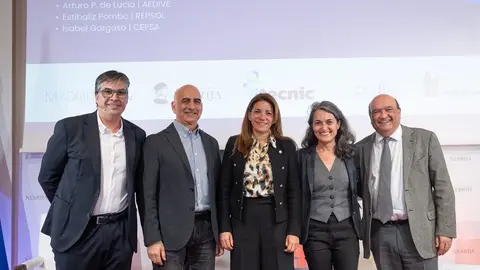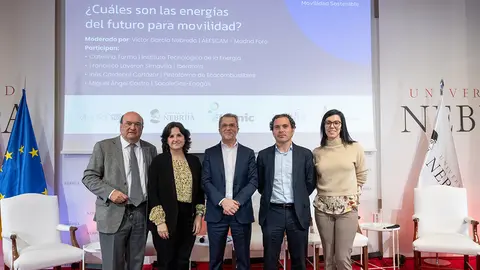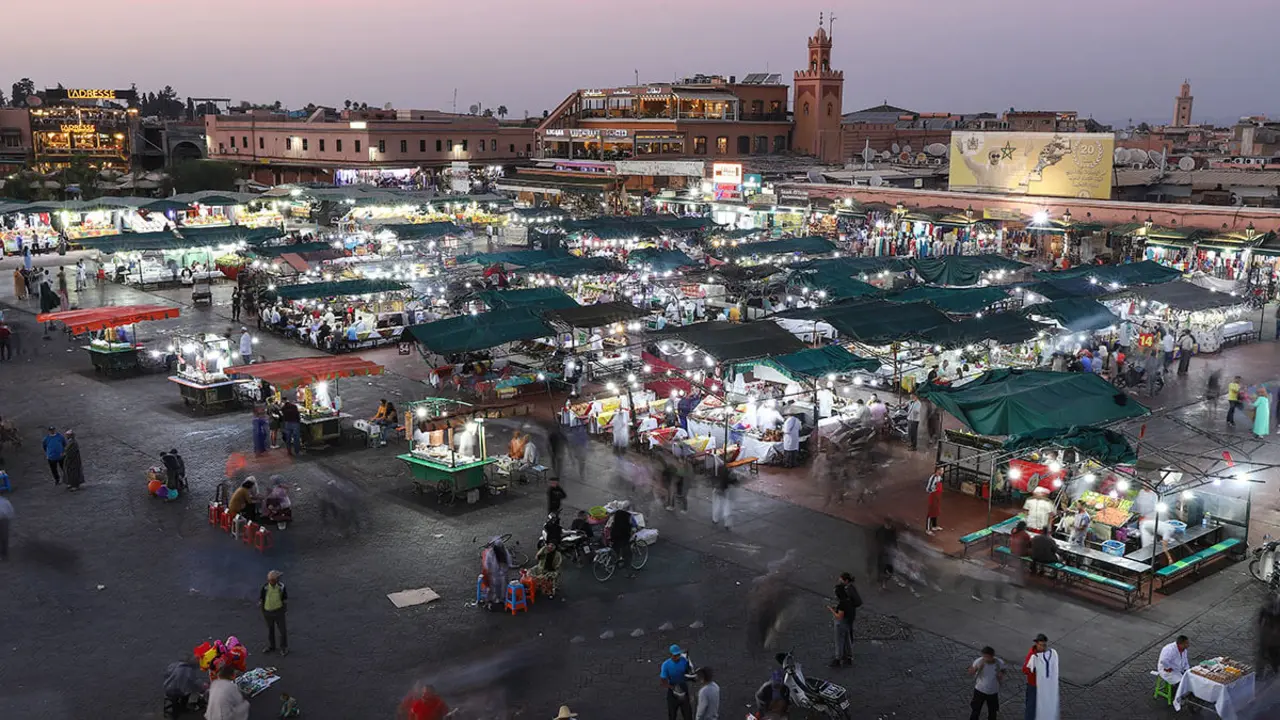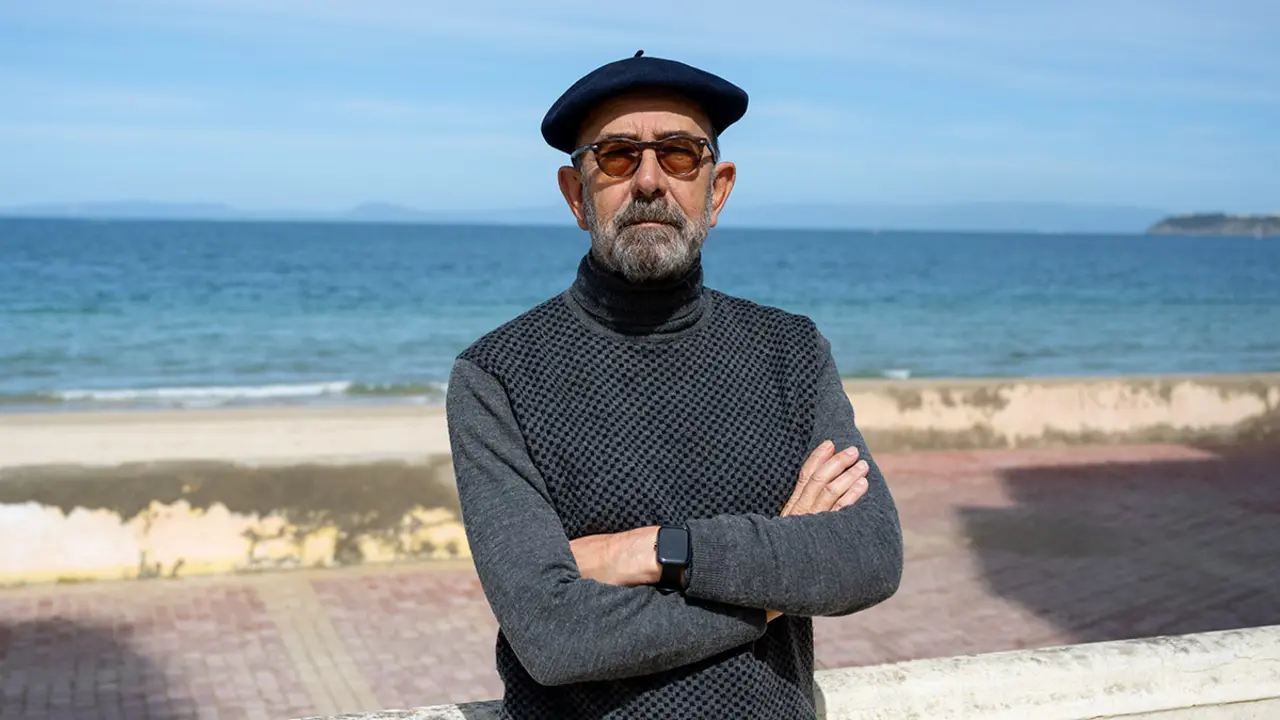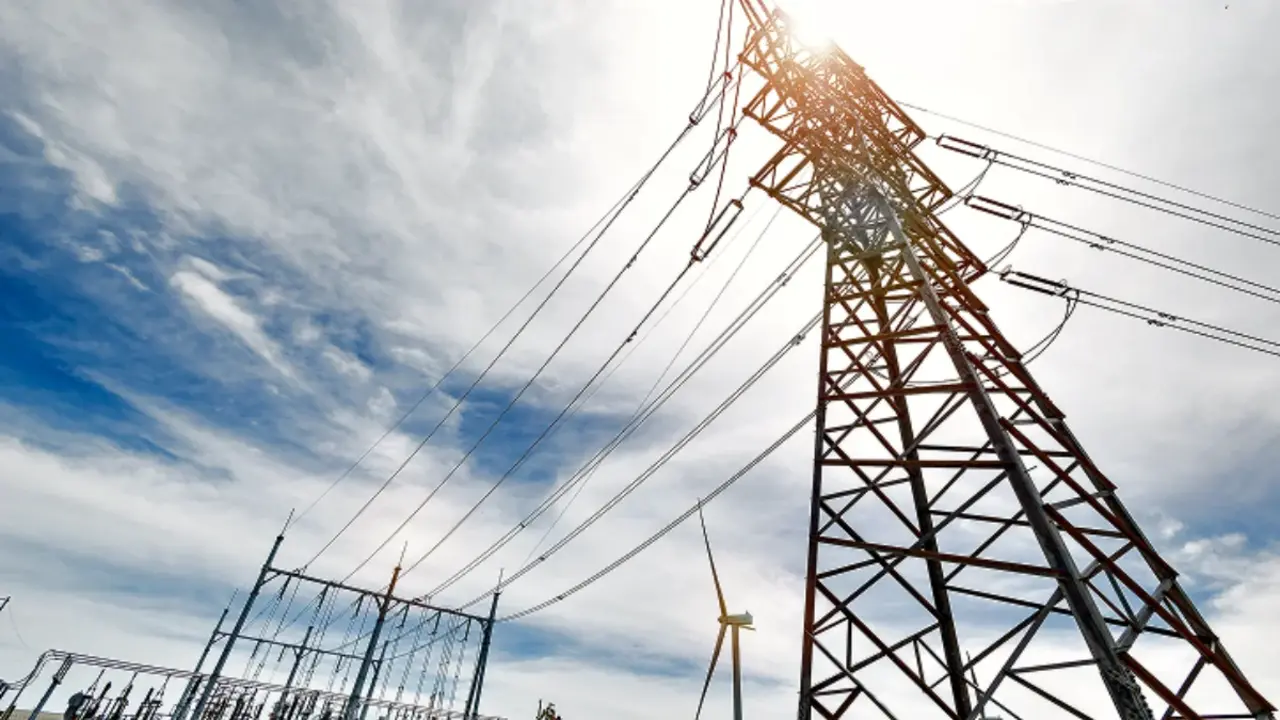Coexistence between electrification and renewable fuels key to achieving emission neutrality by 2050
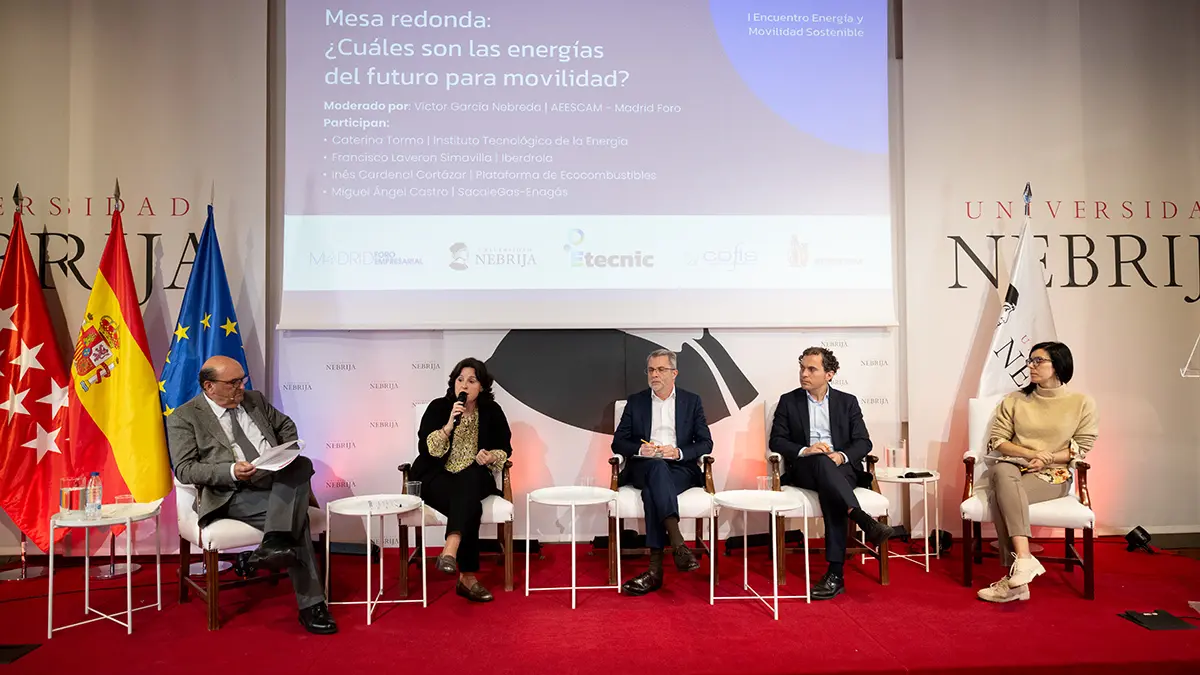
The Nebrija University in Madrid hosted the 1st Energy and Sustainable Mobility Meeting, organised by AEESCAM and Madrid Foro Empresarial, to highlight the value of renewable fuels and energies for sustainable mobility.
Atalayar was able to talk to the expert Inés Cardenal Gortázar to analyse this meeting and the existing options in the sector.
Inés, do we really give it the importance it deserves? From my point of view, I understand that the whole issue of energy is a matter of national security, and the way the transition is being made or the way it is being organised, it is sufficiently valued.
From the Platform for Renewable Fuels, we do believe that one of the main objectives that Europe must have in this transition is to maintain our security of supply.
We have seen after the invasion of Ukraine how dependent Europe is on external energy supplies and the consequences that this has. Therefore, this security of supply should be very much taken into account in how the transition is designed. The first thing to say is that we are absolutely committed to the goals of achieving emission neutrality by 2050, but this goal can be reached in different ways.
Therefore, we believe that, by combining all the technologies available to us, one of which is renewable fuels, and coexisting with electrification, we will be closer to achieving this objective because renewable fuels will be made mainly from waste and, therefore, we will be increasing our energy independence by using indigenous resources.
Moreover, in order to use renewable fuels it is not necessary to manufacture a new car.
Indeed, the great advantage of renewable fuels is that they are compatible with the entire manufacturing infrastructure we have in Spain, with the most flexible and competitive refining system in Europe, but also with logistics, distribution and the current car fleet. Therefore, we can begin to reduce emissions immediately and progressively to reach that objective which, as I have said, is emissions neutrality by 2050, an objective in which all technologies have a role to play.
Perhaps there is too much ideology when it is the experts who should have more say when it comes to making decisions.
The objective has been confused. The goal is emission neutrality by 2050, not electrification. The aim is to electrify everything that can be electrified and alternatives such as renewable fuels are being left exclusively for non-electrifiable uses and the more we use all the technologies within our reach, as you said, the more we allow technology to compete with each other because we don't know where innovation and development will take us, the easier it will be to meet the objective and, above all, we will be meeting the needs of all consumers and all sectors because another of the objectives of the transition is that it has to be efficient, fair and inclusive.
And then for a purchasing level that is of general consumption for citizens, because right now an electric car or a hydrogen car is very expensive, apart from the fact that you have to have a garage space in your house to recharge it, etc. In this sense, you have focused a lot on subsidies to a single sector when if it had been more equitably distributed among all when it came to creating a mix, it would have been much more viable. I understand, it is an opinion, a question.
Yes, we at the platform believe that the transition should not be seen as a war between technologies. This platform is not a platform against the electric car. The electric car will have its use, it will have its place, but it is not a solution for all consumers, as you said, and some who cannot buy an electric car now can reduce emissions with renewable fuels, but without the need to change cars.
In this sense, measures must also be taken in the area of taxation because today the electricity used to recharge electric vehicles does not pay the same taxes as renewable fuels. I'm not talking about gas or diesel, which logically have to pay taxes, but right now 100% renewable fuel is being marketed that pays the same tax as if it were 100% fossil fuel. It makes no sense at all.
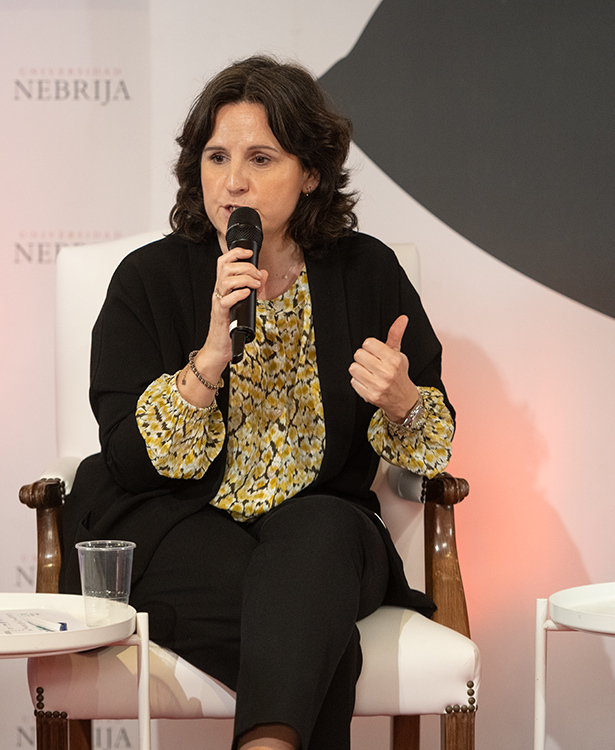
You mentioned the situation in Europe, the Russian invasion of Ukraine, the dependence on gas, the dependence on oil. In this case, producing electricity will cause us to incur costs or use other energies, other energies such as fossil fuels, which can generate pollution.
The electricity sector is also immersed in its own transition and replacing fossil sources with renewable sources. There are no longer watertight energy sectors. The world is going to be a multi-energy world and therefore we have to make all these energies increasingly sustainable and this is the process in which we are immersed.
One last point. In your speech at this first meeting on sustainable energy and mobility, you spoke of the problems of fuel regulation.
Europe and Spain have opted for electrification as the priority way to decarbonise. This is sending out the wrong regulatory signal. What for? To develop all other alternatives such as renewable fuels, the development of which obviously requires billions of dollars in investments to transform industries.
Investments that have already begun because, for example, the commitment of the sector that I represent beyond the platform of the refining industry in Spain to this transformation has already begun, but regulation is not accompanying this transformation. They are betting on electrification and that can generate a problem in the medium or long term of dependence on foreign countries because another of the great challenges of electrification is, for example, all the critical minerals for manufacturing batteries are concentrated in a few countries whose main refiner of these critical minerals is China because we are not diversifying our supplies, but on the contrary we are becoming more dependent on foreign countries.
If you were to address consumers, would you dare to make a recommendation? Which car would you buy?
It is very difficult. Each consumer has different needs and circumstances. Living in the centre of a big city is not the same as living in a village in empty Spain. A long-distance goods haulier is not the same as a short-distance haulier. Our proposal is inclusive because what it promotes is to defend the needs of all consumers and we, as the refining industry, are going to be part of the electricity solution because we have a network of stations and services that cover the entire national territory where the installation of recharging points, which has already begun, is going to be key. Therefore, it will depend a lot on the circumstances of each consumer.


